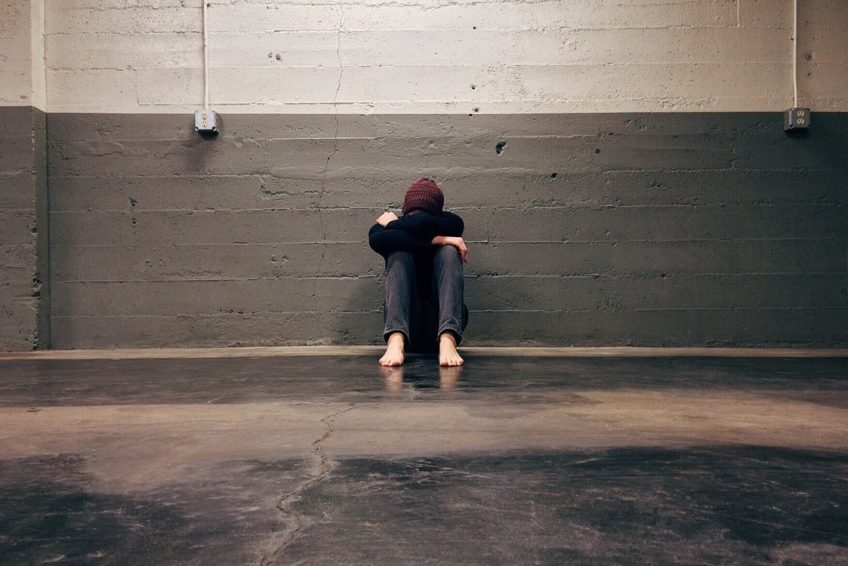Postnatal depression is a woman’s physical and mental response to the birth of a baby. Although they are often among the happiest moments in life, women are increasingly suffering from postnatal depression. It already affects every eighth mother. Find out why a woman can become so depressed after childbirth.
Postpartum depression – causes
After the birth of a child, every woman experiences many sudden changes. The concentration of sex hormones, which were responsible for its proper course during pregnancy, drops rapidly. New duties and dreams appear. Every woman strives to be the best mother. He has concerns whether he will meet all the requirements of a little man. (https://jldancecenter.com/) Any stressful event – both the child’s disease and complications of the perinatal period have a negative impact on the mental state. Also whether the pregnancy was planned or the woman is single, without family support.
All these factors explain the low mood of many women in the first days after childbirth. They are even called third day depression or baby blues. However, this is a temporary state in which a woman may be more tearful, irritable, and embarrassed. It even lasts up to 10 days.
Read more: How to help someone with postpartum depression
What makes you suspect postnatal depression?
If the symptoms of low mood persist, last several days and are more and more disturbing – also those closest to the woman’s environment, consult a psychiatrist or psychotherapist.
It may be disturbing that:
- you feel sad most of the day and feel depressed, nervous
- you feel that you are not happy with anything, even the things that once made you happy,
- you feel anxious very often; it can show up in different ways, for example you have already called your pediatrician several times because you were afraid that the child was sick, but everything turned out to be okay; you are afraid of staying at home alone, you are afraid that someone will misjudge you as a mother, etc.,
- you feel that you are a bad mother, you are not able to cope with the baby and it has no chance to change,
- you constantly blame yourself for everything, especially the fact that you cannot be a good mother to your child,
- you have the feeling that no one can help you, that it will never be as you dreamed of,
- it is difficult for you to make the simplest decisions, e.g. whether to go for a walk today, how to dress the child; Days, weeks go by and you still have trouble with it
- you are reluctant to get out of bed, you don’t even have the strength to wash, dress, take care of yourself, not to mention cleaning or other household activities,
- you have lost your appetite or on the contrary you are “eating” your sadness,
- have difficulty sleeping, sleep very shallow, wake up easily, cannot go to sleep or wake up very early in the morning and cannot be explained by your baby’s sleep rhythm
- you feel tired and weak all the time.
Postpartum depression – diagnosis and treatment
Your doctor or psychologist will need to talk to you and run various psychological tests to make your diagnosis, asking you to ask questions about your mood, thoughts, and behavior. It is also worth visiting an internist because, for example, thyroid diseases can cause low mood. Postpartum depression requires treatment, i.e. pharmacotherapy, psychotherapy and psychoeducation are used for this purpose.
Support of the closest family is extremely important. Antidepressants are used. Since they are excreted into breast milk, any treatment requires medical supervision. The lowest possible dose of the drug is used to treat the disease. After about 6 weeks, the effectiveness of the treatment is assessed. The average duration of therapy is 7 months. If there is no improvement after 6 weeks, see a psychiatrist.
Can depression occur in the next pregnancy?
Postnatal depression, if it has happened once, can also happen after the next baby is born. Therefore, in some cases, a psychiatrist may recommend prophylactic treatment with an antidepressant in the next pregnancy.
Resources: Cornerstone of Southern California







